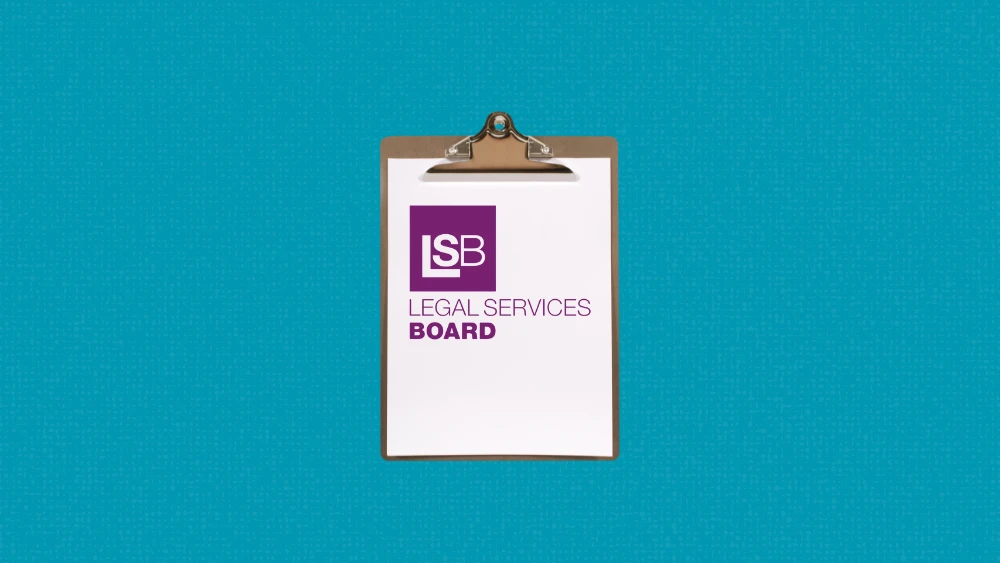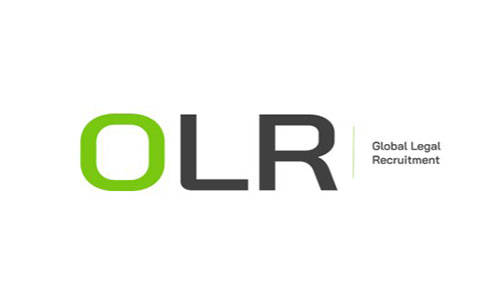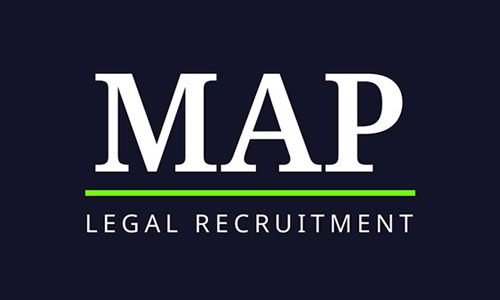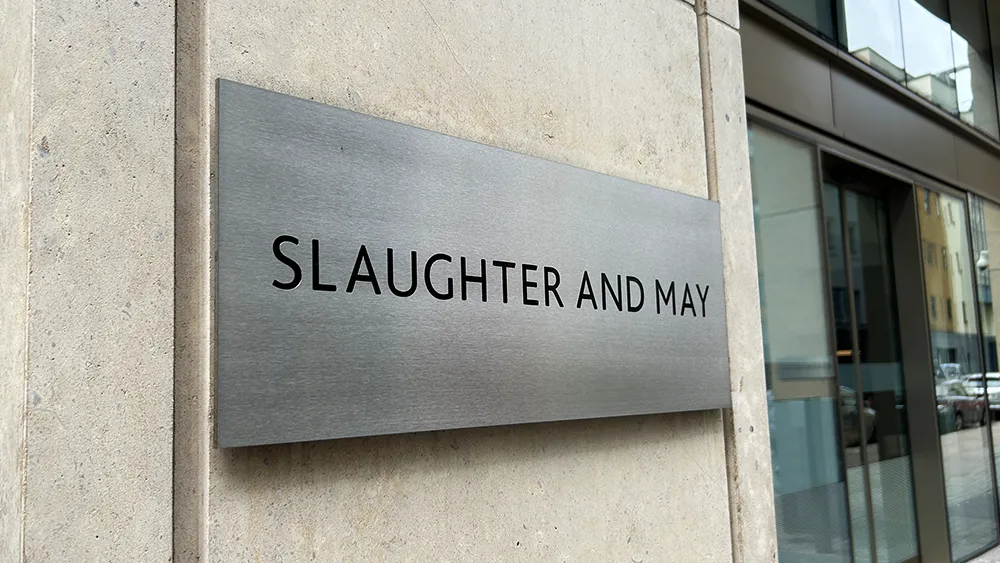Super-regulator chief pressures SRA over SQE pass rate data

The boss of the Legal Services Board has urged the SRA to publish provider-level SQE pass rate data, warning students are being left without crucial information.
New figures show LPC pass rates have slumped to 42% as providers and enrolments continue to fall.
The boss of industry super-regulator, the Legal Services Board (LSB), has urged greater transparency over SQE results, warning that students are being left in the dark. The call comes at the same time as the old qualification route records its worst year yet.
LPC slump
Pass rates on the LPC plunged from 57% to just 42% in the year to 31 August 2024, according to new SRA figures. The proportion of students resitting or deferring due to exceptional circumstances jumped to 46% - the highest level recorded.
At the same time, the number of LPC providers fell from 25 to 17 and enrolments slid from 12,227 to 8,085. Although the course remains available under transitional regulations until 2032, its decline looks increasingly terminal.
Publish the data
Against that backdrop, interim LSB chief executive Richard Orpin has called on the SRA to release provider-level pass rate data for the SQE as soon as possible. The regulator previously pledged to publish breakdowns, but the LSB stepped in to set a deadline of Autumn 2025 earlier this year.
According to Legal Futures, speaking at this week’s Westminster Legal Policy Forum, Orpin said: "We’re concerned that without pass rate data by provider, SQE candidates can’t make fully informed decisions," adding that while the SRA had "met most of its commitments to monitor and evaluate data," he remained concerned about "the continuing lack of publicly available pass rate data by provider."
The SQE was sold as a fairer, more flexible route into the profession, replacing a costly and inconsistent LPC system with a single centralised assessment. But a lack of transparency over the pass rates leaves candidates, universities and firms with no clear picture of which training routes are working the best.
Apprenticeship scale back
The concern is sharpened by an impending funding crunch impacting aspiring future solicitors. In May, the government announced it would restrict funding for Level 7 apprenticeships, including solicitor apprenticeships, to those aged 16-21.
Orpin described the move as "really regrettable" and urged the sector to "look harder at ways we can support people from different backgrounds to come into the profession".
Join 10,000+ City law professionals who start their day with our newsletter.
The essential read for commercially aware lawyers.







